Finding the right balance between developing the current 2020 car and next year’s 2021 car will be a “huge challenge” according to Renault F1’s executive director Marcin Budkowski.
Unlike most seasons where current developments can be carried over to the following season, 2021 will see a “revolutionary” change that will require entirely new cars from top to bottom.
Whilst development work on next season’s cars has been well underway for some time already, it will ramp up this year which could hinder the development of the current cars, therefore striking the right balance will be key to being prepared for 2021 without giving up on this year.
“Finding the balance between the 2020 and 2021 car projects will be a huge challenge, of a scale that is probably unprecedented in Formula 1,” said Budkowski.
“You always try to start new cars as early as possible but it’s even more valuable when you have a big change in regulations, and the 2021 regulations are nothing short of a revolution.”
It’s likely teams will switch focus very early on in the season according to Budkowski.
“Of course, our ambition is to have a good 2020 season, but we are aiming to transition to 2021 as early as possible as we expect the slope of development for the new car to be very steep.”
Renault have bolstered their technical team with the hiring of Pat Fry to lead its 2021 programme and Budkowski is confident they have the right man.
“Pat joins us with a wealth of experience in engineering from a number of top teams. His background is wide-ranging, from trackside race engineering to overseeing car designs and managing technical teams.
“From a personality point of view, he also has a lot of drive and a very strong ability to focus on the things that really matter to make a car go quicker. His expertise will be of strategic use in the development of the 2021 car as well as for the R.S.20.
“The latter’s principal characteristics were already determined a few months ago and it is more of an evolution of the R.S.19. As such, its potential progress is limited, but it is an informed decision based on the resources we have at our disposal and our mid-term ambitions.”
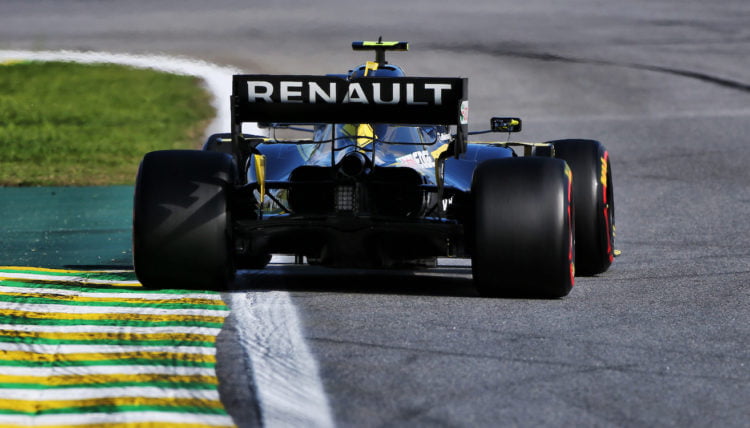


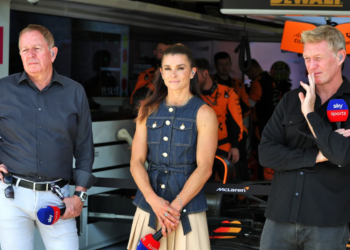
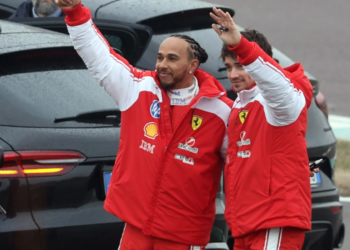
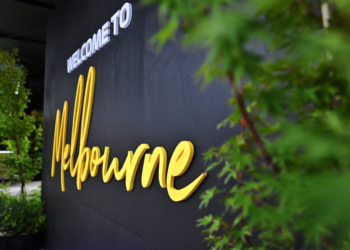
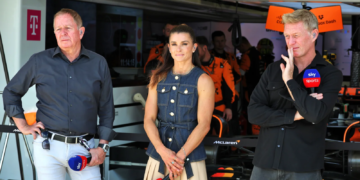
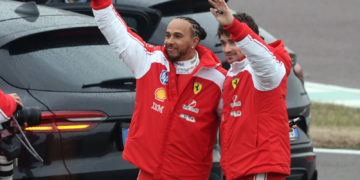
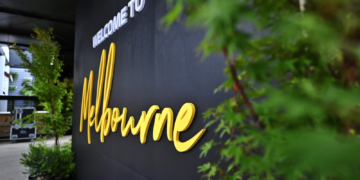
Discussion about this post